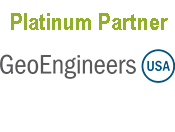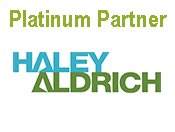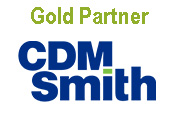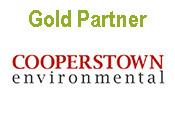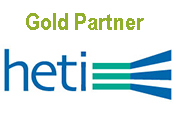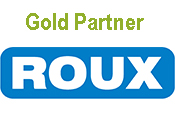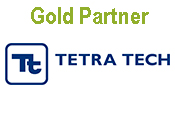LSPA Field CourseSediment, Surface Water, and Biota Sampling Methods to Support MCP Assessments
When: Monday, October 6, 2025 (rain date, Tuesday, October 7, 2025*). Please reserve both dates for this course. Location: Woods Hole Group, 107 Waterhouse Rd., Bourne, MA, and nearby wetlands and waterfront. Lead Instructors: Theodore Wickwire, Jerome Cura, and David Walsh, Woods Hole Group (View Instructor Biographies) Pricing: Member: $480 | Non-member: $630 This course has been approved by the LSP Board for 8.0 hours of "Technical” continuing education credits. This is a repeat course (#1603), last offered in 2018. This course has also been approved for 8.0 CT LEP Credits, and it is being submitted for NY PE and PG continuing education credits. *Participants will receive an email on October 3, 2025, with a final decision on the course date and in the event of inclement weather. Participants must be available for both dates. The cancellation policy will apply, and refunds will not be given for those unable to attend the rain date. Course Description:The objective of this course is to teach LSPs and other environmental professionals the application and limitations of the state of the practice methods for sampling sediment, surface water, and biota in aquatic environments and wetlands to support risk assessments. In addition, instructors will introduce tools to assist with climate vulnerability assessment and adaptation. This course will introduce a range of sampling techniques and equipment and provide an overview of sampling planning and field assessment. Participants will learn the advantages and limitations of the various sampling techniques in field applications. Sampling demonstrations will be offered in a coastal wetland and in nearshore marine waters. A boat will be used for the marine sampling demonstrations (captained by licensed operators skilled in small boat operations, safety, and first aid); insurance indemnification will be confirmed prior to beginning the course. All students will spend two hours in the classroom reviewing field sampling background and five hours in the field in two groups of up to 15 participants per group under the immediate direction of trained biologists, oceanographers, field sampling experts, risk assessors, and coastal engineers. The course will include two field units: Unit 1: wetland sampling; and Unit 2: boat based sampling. One group will complete Unit 1, while the other completes Unit 2, and then they will switch. The course will include a 0.5-0.75 mile street walk between locations. There will be a brief Health and Safety discussion prior to the start of each sampling unit. The field work will include collection of bottom dwelling organisms (e.g., invertebrates), sediment, fish, plants, water quality data (dissolved oxygen, pH, temperature, salinity profiles), surface water, and deep-water samples for chemical analysis. Participants will also observe the use of technologies such as aquatic video and use of buoys to collect data. The class will work in a variety of habitat types including near bottom, surface water, and wetland/marsh. Participants will learn how to choose the correct sampler for specific environmental conditions; choose the correct sampler to target specific types of biota; collect real-time data; safely deploy sampling equipment from a boat; operate each sampler; and handle aquatic samples to maintain quality control. To view course outline and speaker biographies, please click here. This course is full and registration has closed. Please click here to review the LSPA Course Cancellation Policy. |







